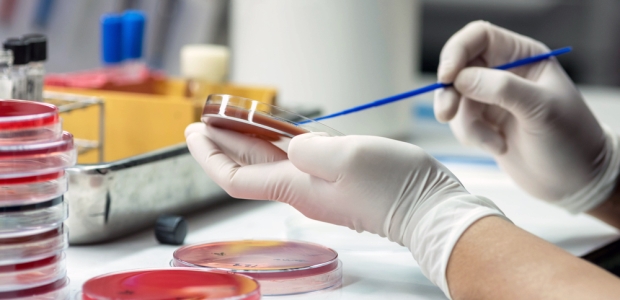
New EU Action Plan to Focus Actions Against Antimicrobial Resistance
The action plan takes a One Health approach and addresses AMR in bacteria from humans, animals, and in the environment.
The European Commission has issued new EU guidelines on the prudent use of antimicrobials in human health, based on a proposals prepared by the European Centre for Disease Prevention and Control (ECDC) with input from EU Member States’ experts and stakeholders, and a new action plan to address antimicrobial resistance (AMR) also has been released. It builds on a previous action plan published in 2011 and lists actions to increase surveillance and reporting, boost research about the problem, and adopt an EU strategic approach to pharmaceuticals in the environment.
Earlier this year, the commission set up an AMR One Health network of government experts in human health, animal health, and environmental protection to share ideas and build consensus on next steps.
The commission will enhance its support to Member States to deliver innovative, effective, and sustainable responses to AMR. Specific actions included in the plan build on three main pillars:
- Making the EU a best practice region: There are significant differences between EU countries in the extent to which effective national policies dealing with AMR have been implemented; the commission aims to support all EU Member States to raise their level to match those of the highest-performing countries.
- Boosting research, development, and innovation: Actions in this pillar aim to provide valuable input for science-based policies and legal measures to combat AMR, and to address knowledge gaps.
- Shaping the global agenda: The aim here is to promote EU research efforts and initiatives on AMR on an international level.
"ECDC welcomes this renewed effort to tackle the increasing threat posed by antimicrobial resistance and highlights once more its commitment to support both the European Commission and the EU Member States in their initiatives to address this issue," said ECDC Director Dr. Andrea Ammon. "It's not too late to turn the tide on antimicrobial resistance, but we need to make sure that we act now."
On July 8, the new WHO director-general, Dr. Tedros Adhanom Ghebreyesus, cited AMR as one of the world's major health concerns. Speaking at the G20 meeting in Hamburg, Germany, he said "pandemics of infectious diseases and other threats to health, such as anti-microbial resistance, transcend borders and national interests, so vulnerability for one is vulnerability for all of us. And viruses actually do not know or do not respect borders." He added, "we are not well prepared -- we are very often reactive rather than proactive. Therefore we require a strong global response- that we need to remain connected in our inter-connected world."